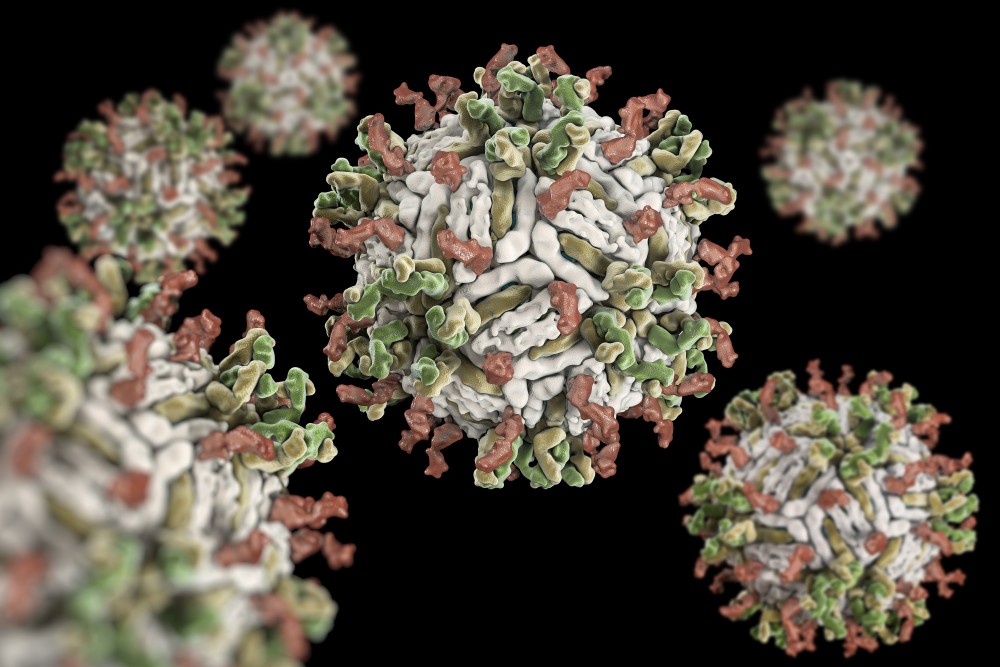
A new DNA vaccine candidate was shown to induce persistent humoral and cellular immune responses and provided protection from the DV1 dengue virus serotype among inoculated mice, according to a recent study conducted by Capital Medical University in Beijing and the Beijing Institute for Brain Disorders.
Researchers also found that a combined DNA vaccine generated a balanced immunogenic response for two serotypes of dengue virus, DV1 and DV2.
“Our DNA vaccine candidate induced effective immune responses and protection in mice. Importantly, the bivalent vaccine generated a balanced immunity against DV1 and DV2 infection, which emits light for development of new type of tetravalent vaccine against dengue viruses,” Jing An of Capital Medical University, who served as co-author of the study, said.
An continued, stating that the end-point titers of anti-DV1 and anti-DV2 in the bivalent vaccine-immunized mice were lower than those in the monovalent vaccine-immunized mice, which indicated that there was interference between the DV1 and DV2 vaccine candidates.
Dengue fever is a mosquito-borne tropical flavivirus that is most commonly spread by the Aedes aegypti species mosquito. Symptoms include fever, skin rash, vomiting, muscle and joint pain, and headache. Approximately 20,000 people worldwide die from the disease every year.
“As a major public health problem, dengue is considered to be one of the fastest growing epidemics,” An said. “Among the four distinct serotypes of dengue viruses (DV1-4), DV1 and DV2 are especially predominant serotypes. In 2014, the Guangdong province of China suffered from the most serious dengue outbreak in its history and co-circulation of DV1 and DV2 was identified.”
An stated researchers are developing a dengue tetravalent DNA vaccine and will be evaluating the immunogenicity in animal models.




